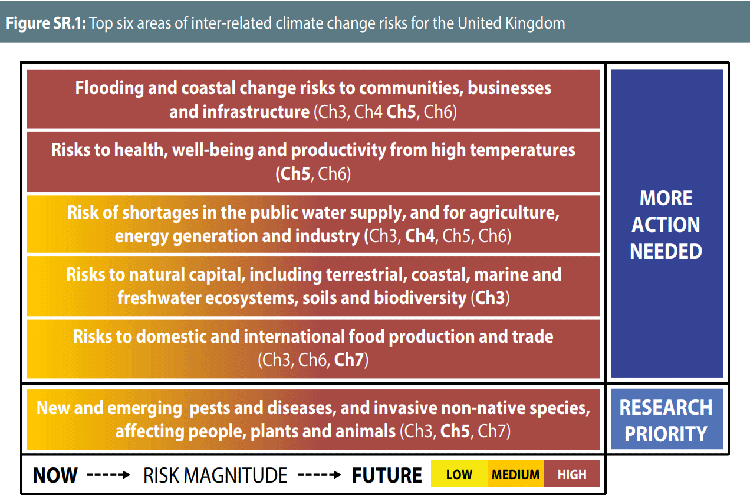
About the author
Derek Hunt is a founder-member of the UK Rainwater Management Association, and Managing Director of member-company Rainharvesting Systems Ltd.
Managing a scarce natural resource
According to the Environment Agency, water supplies are under varying degrees of stress, across great swathes of England south of the Humber estuary. These stresses are predicted to become more severe due to population growth and changing weather patterns.
Ironically, right across the areas where supplies are most stressed, there is also a very high risk of localised flash flooding, a risk which will also continue to increase as population growth increases demand for the development of more homes and places of work.
So the good news for the development industry will the growing demand for its services, slightly tempered by the knowledge that future projects will need to take increasing account of the requirement to relieve stresses on water supplies, whilst also reducing flood risks.

Getting it right in Wales
This rural example of the need to manage rain at the point it falls, from both a flood and drought perspective, has been taken fully on board by the Welsh Government which identifies harvesting rainwater for re-use as its top priority in the design of sustainable drainage systems (SuDS). This aligns well with the Principality’s aim of implementing Schedule-3 of the 2010 Flood and Water Management Act, which requires the Adoption of SuDS on new developments to ensure their long-term maintenance and effectiveness.
These are trends that the drier and more flood-prone regions of the UK will inevitably follow – particularly given one or two repeats of the 2018 summer; the challenge for the development sector is therefore to embrace these new surface water management challenges in a cost-effective way.
Against this background, it really beggars belief that it is beyond the national wit to manage rainfall in flood-prone areas in ways that safeguard subsequent water-supplies to avoid droughts. A thought endorsed by the 2017 IPCC report, which identifies droughts as a significant threat to the UK environment and economy.



